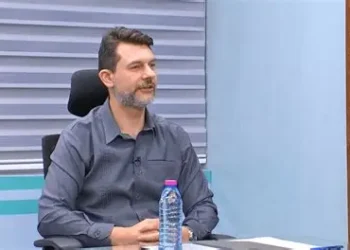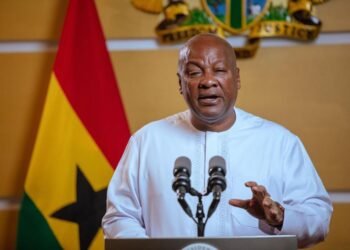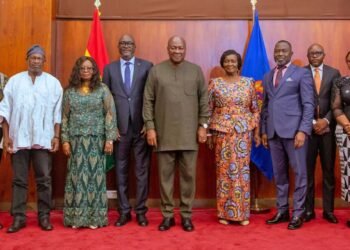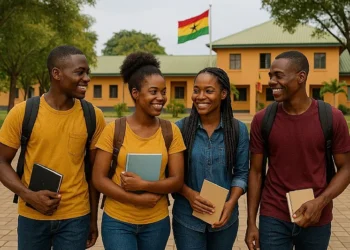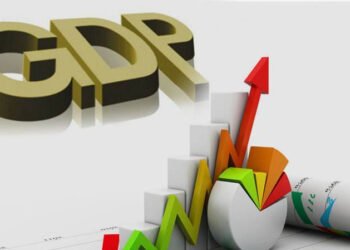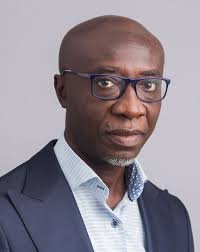Ghana is poised to request debt relief through the G20 Common Framework programme and has sought reassurances that the negotiations can be expedited before proceeding.
The Paris Club confirmed that Ghana going through the Common Framework programme is under discussion and the most probable outcome, as well as the preferred option for the Paris Club.
The oil rich country which in a couple of weeks ago secured a $3 billion staff-level agreement with the International Monetary Fund (IMF) in mid-December, has been hesitating due to the long delays faced by other countries using the process.
However, Ghana reached out to the Paris Club of creditor countries in December to ask for assurances that the Common Framework process, set up by the Group of 20 leading economies in 2020 in response to COVID-19, could be expedited.
The West African country must restructure its debt to get the final approval to access the IMF funds. In December, Ghana launched a domestic debt exchange and later said it would default on nearly all of its $28.4 billion of external debts.
According to government officials, if the country received such assurances, the government would quickly sign up to the Common Framework.
A Paris Club official disclosed that the group had received a letter from Ghana’s government, but declined to give further detail. The club official with knowledge of Ghana’s debt restructuring noted that it is hard to see any other outcome for Ghana than signing up to the Common Framework as the country has no other options left.
The Common Framework designed to allow for speedy debt reworks, has been widely criticized for its glacial progress. Chad, Ethiopia and Zambia signed up in early 2021. While Chad secured a deal with creditors in November, Zambia is still locked in talks. Ethiopia’s progress was held up by civil war.
Speaking on the day when the IMF deal was announced, Ghana’s finance minister noted that the Common Framework was plagued with difficulties and that the government would need guarantees of speed to sign up to it, in order not to derail momentum.
Only poorer nations are eligible to request a Common Framework treatment, which will lead to an official creditor committee being convened and negotiations that are supported by the IMF and the World Bank.
Alternatively, a country aiming to restructure can do so by negotiating individually with each creditor.
Ghana’s public debt was 467.4 billion cedis ($47.7 billion) in September 2022, of which about $4 billion was bilateral, according to the Institute of International Finance. Of that, $1.9 billion was held by Paris Club countries and $1.7 billion by China.
Some holders of Ghana’s $13 billion overseas sovereign dollar bonds had previously said they would prefer the country not to go through what they viewed as a drawn-out and ineffective process.
Ghana Suspends Payment on External Debts
Ghana suspended payments on most of its external debt, effectively defaulting as the country struggles to plug its cavernous balance of payments deficit.
The finance ministry said it will not service debts including its Eurobonds, commercial loans and most bilateral loans, calling the decision an interim emergency measure, while some bondholders criticised a lack of clarity in the decision.
The government stands ready to engage in discussions with all of its external creditors to make Ghana’s debt sustainable, the finance ministry said. The suspension of debt payments reflects the parlous state of the economy.
Ghana has already announced a domestic debt exchange programme and stated that an external restructuring was being negotiated with creditors. The IMF has said a comprehensive debt restructuring is a condition of its support.
The country has been struggling to refinance its debt since the start of the year 2022 after downgrades by multiple credit ratings agencies on concerns it would not be able to issue new Eurobonds. That has sent Ghana’s debt further into the distressed territory.
READ ALSO: Ghana’s International Trade Volume Drops By 18.9% In First Nine Months Of 2022




